The post-war era often appears through a nostalgic lens, a vision of idyllic suburban life. But beneath the surface of that carefully constructed image lay a simmering unease, a darkness that found its reflection in the shadowy world of film noir – stories of desperation and hidden malice.
America was a nation in motion, a country grappling with the aftermath of war and the anxieties of a changing world. Young men and women were reinventing themselves, seeking new beginnings, often on the fringes of society.
Among them was Elizabeth Short, a young woman from the Boston area. She arrived in Los Angeles with dreams, unaware that within days, on January 15, 1947, she would become known as the Black Dahlia, the victim of a horrific and unsolved crime that would grip the nation’s attention.
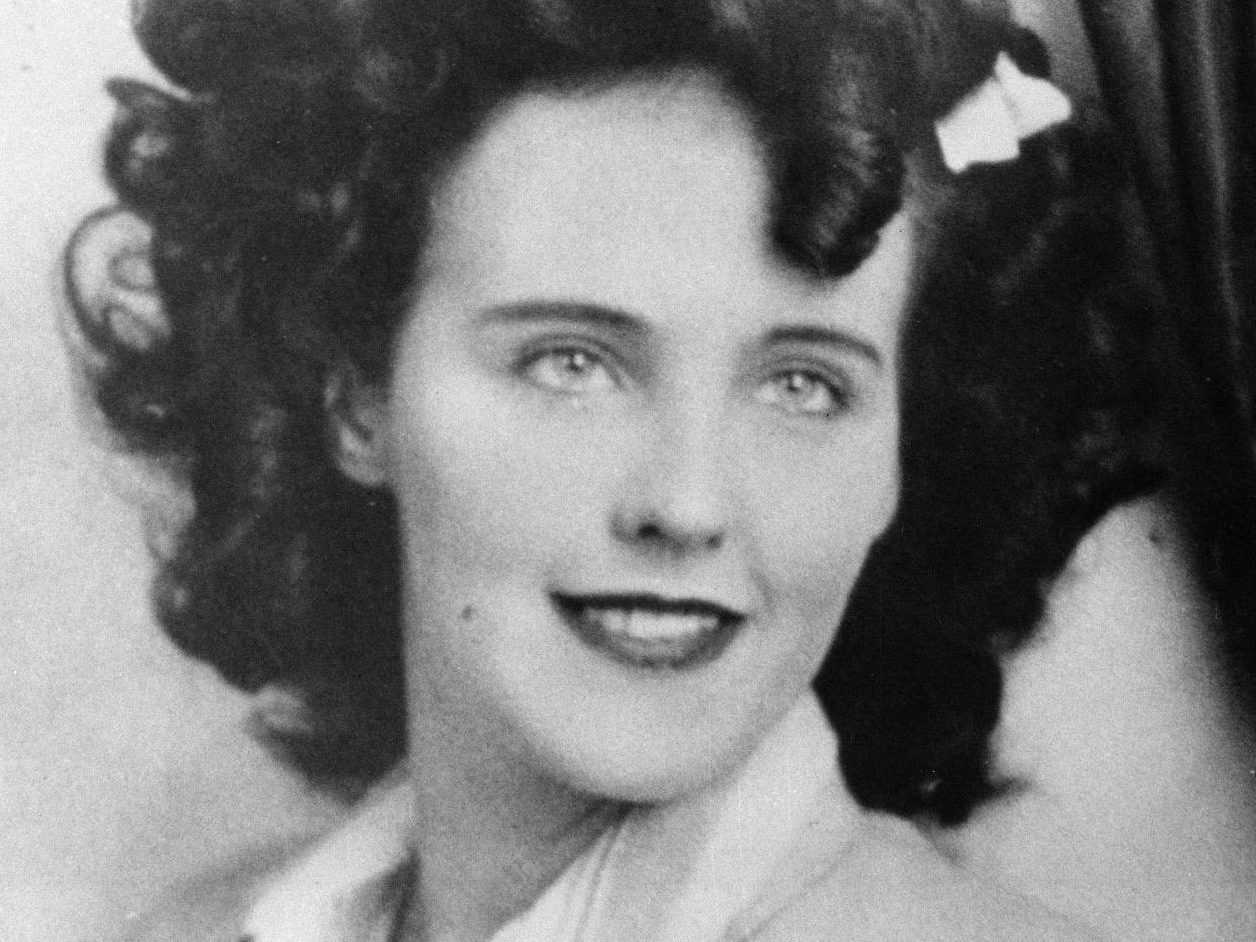
Now, decades later, a new theory has emerged. Author Eli Frankel believes he has identified the killer: Carl Balsiger, a man who was already on the LAPD’s radar.
Frankel’s research, detailed in his book, connects Balsiger not only to Short’s murder but also to a chillingly similar crime that occurred 2,500 kilometers away in Kansas City six years prior. The case involved Leila Welsh, a prominent socialite whose life was brutally cut short.
Welsh moved within the same circles as Balsiger, and he immediately aroused suspicion during police questioning. Frankel believes Balsiger was responsible for both deaths, pointing to a pattern of brutal violence against women.
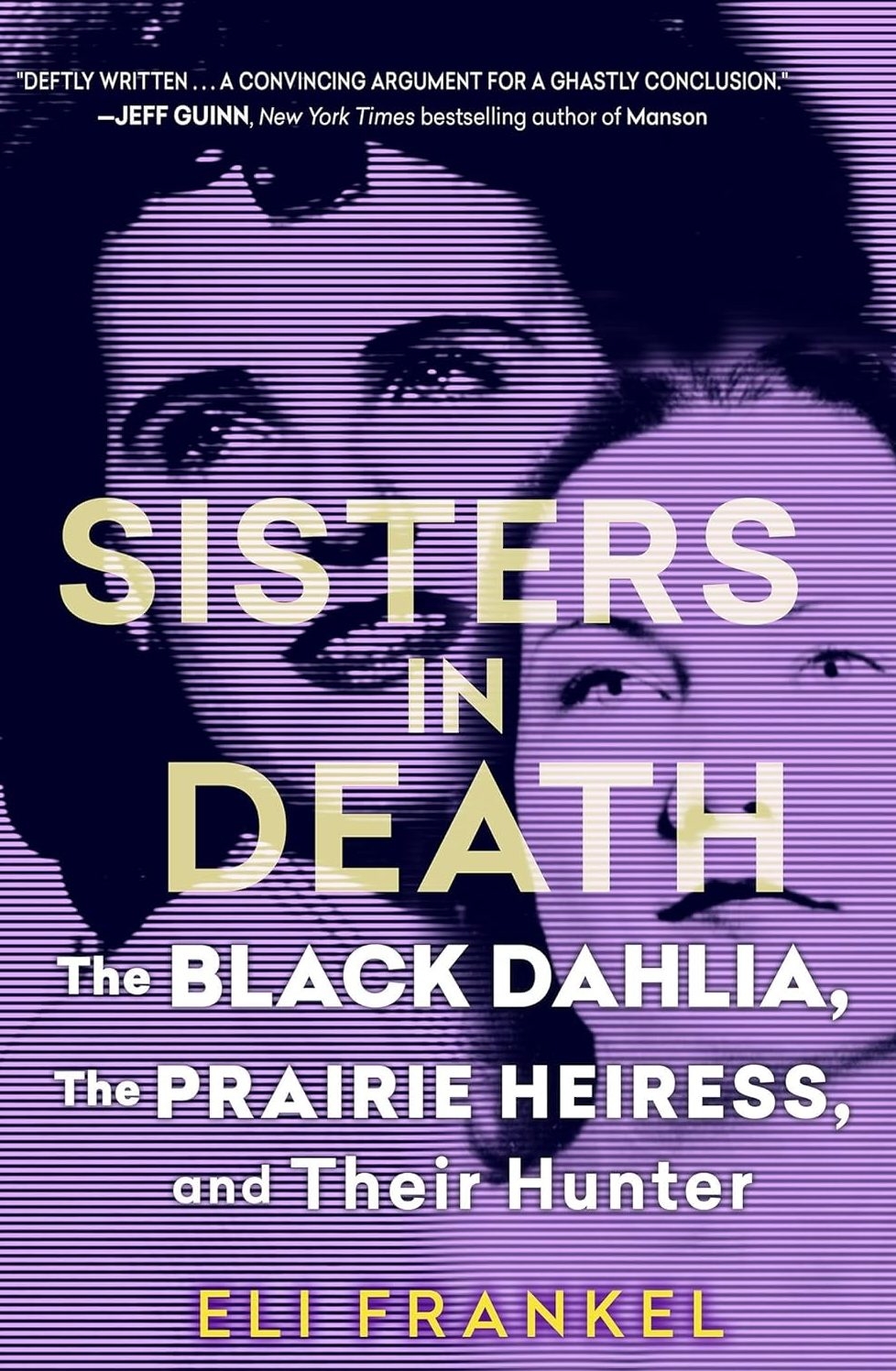
The similarities between the two crimes were striking. Welsh’s body, discovered in her bedroom in 1941, bore mutilations that echoed the horrors inflicted upon Elizabeth Short. Both women were beautiful, educated, and seemingly poised for successful lives.
By 1947, Balsiger had relocated to California, a former G.I. seeking a fresh start. The LAPD, investigating Short’s murder, quickly turned their attention to his past, uncovering the unsolved case in Kansas City.
Detectives repeatedly requested the files on the Welsh murder, but their requests were consistently ignored by the Kansas City Police Department. This lack of cooperation was deeply unusual, raising questions about a possible cover-up.
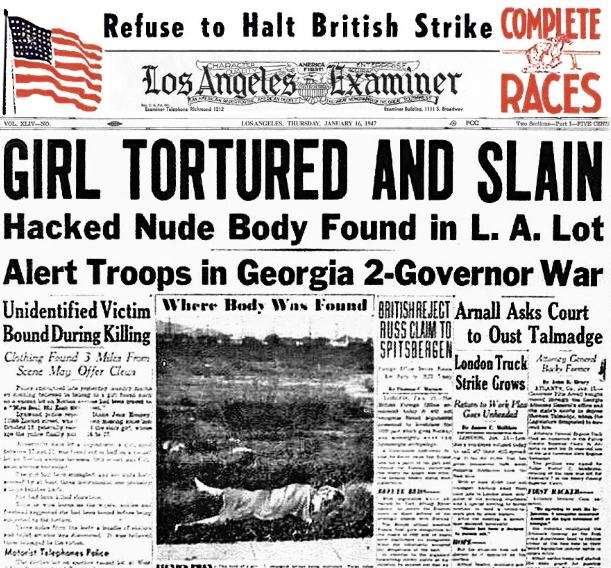
Frankel discovered that Balsiger’s father wielded considerable wealth and political influence in Kansas City, suggesting a deliberate effort to protect the suspect. It appeared the KCPD was actively hindering the investigation, unwilling to connect the two cases.
Early theories surrounding the Black Dahlia murder often suggested the killer possessed medical training. However, Frankel argues the mutilations, while precise, lacked the finesse of a surgeon. Instead, he points to Balsiger’s background as an avid hunter.
The skills required to field dress a deer – making precise cuts, removing organs – mirrored the methods used in both murders. Frankel believes Balsiger’s hunting experience provided him with the knowledge and the chilling detachment necessary to commit these acts.
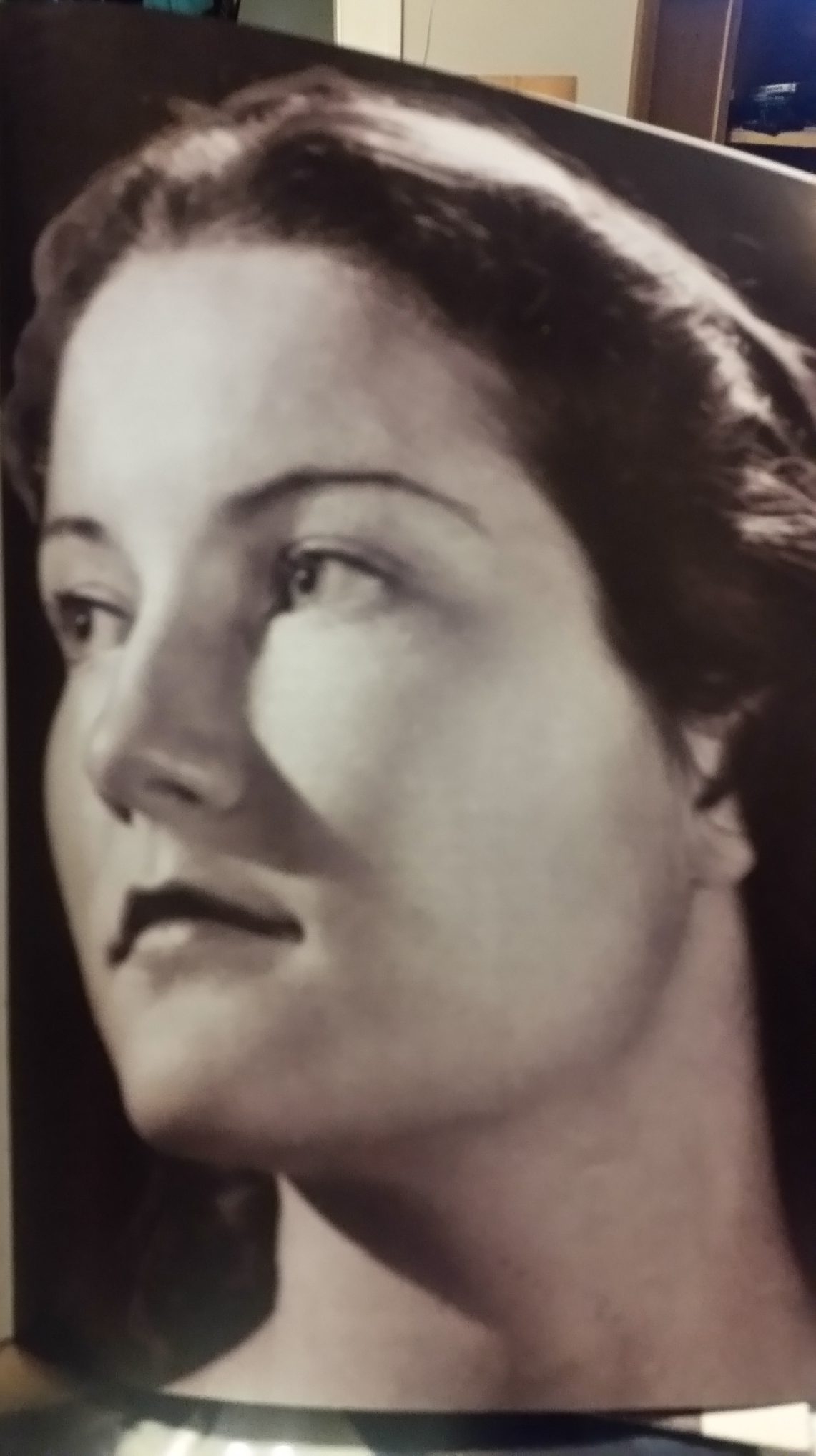
Further investigation revealed a disturbing pattern in Balsiger’s life. His young sister drowned under mysterious circumstances when he was a child, and years later, his first wife died in a car crash that severed her head. After his wife’s death, his family ostracized him, and he fled to the Bahamas.
Balsiger spent years drifting, engaging in petty cons and exhibiting unsettling behavior, including accusations of being a “peeping Tom.” He ultimately died in 1977, living in poverty in Kansas City, his dark secrets largely concealed.
Frankel also sought to dispel the damaging myths surrounding Elizabeth Short. She was not the “floozy” or “prostitute” often portrayed in sensationalized accounts. She was a hardworking young woman with aspirations, a fan of live radio plays who simply sought a better life.
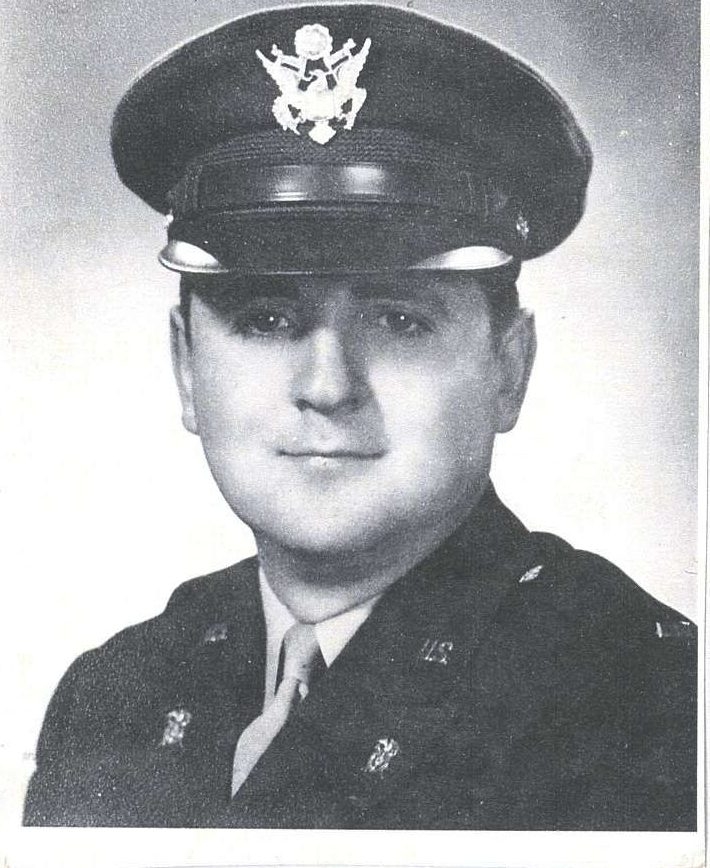
Frankel’s research paints a portrait of a tragic victim, stripped of the sensationalism that has clouded her story for decades. Her death, he argues, is no longer a cautionary tale, but a stark reminder of a brutal and senseless act.
For Frankel, Carl Balsiger remains the prime suspect, a man whose life was marked by violence and deception, and whose crimes may have finally been brought to light after decades of darkness.





